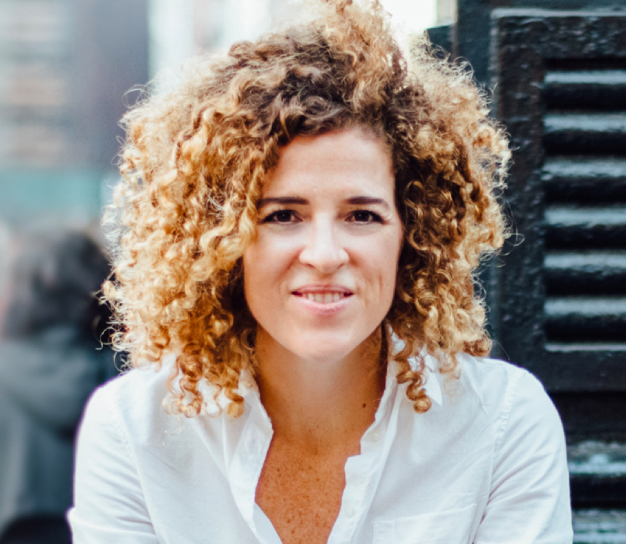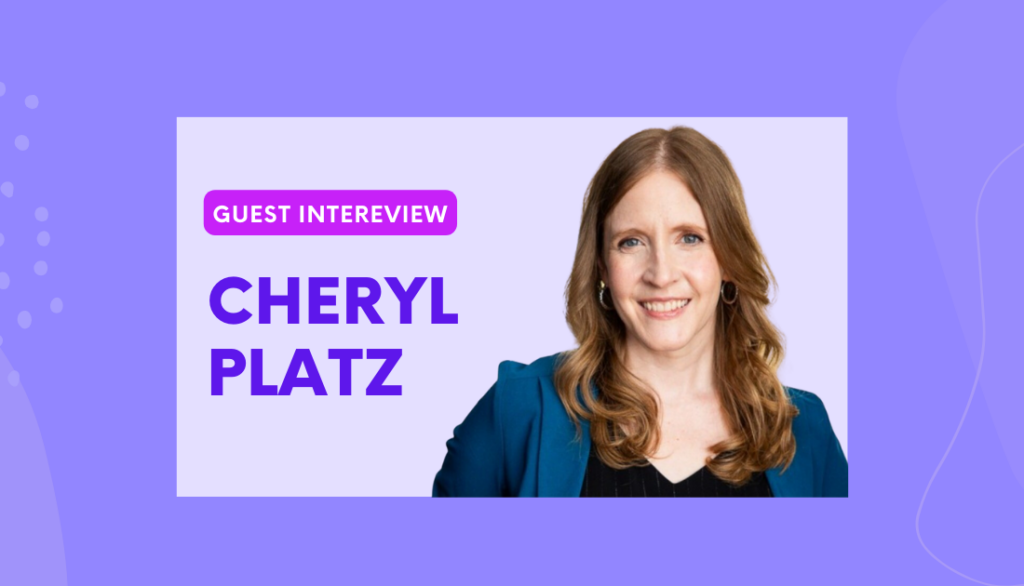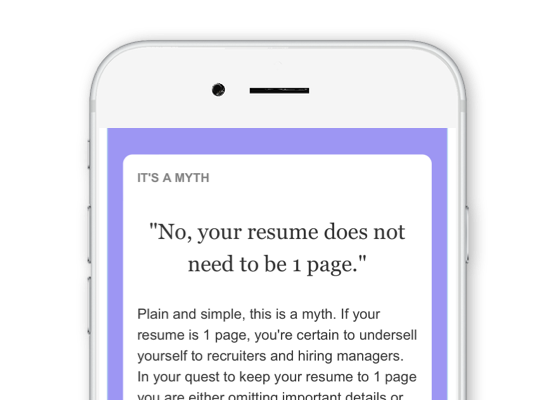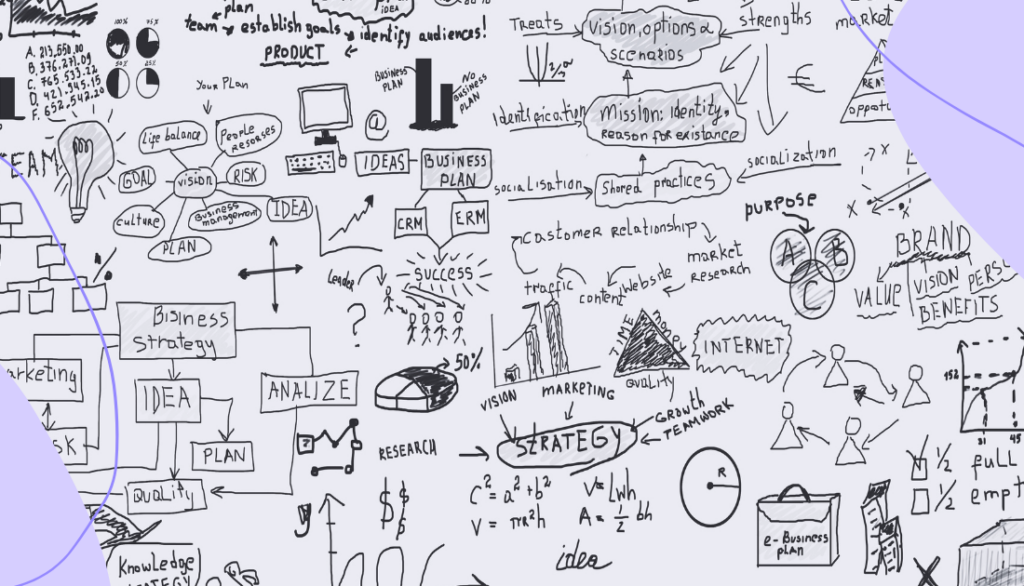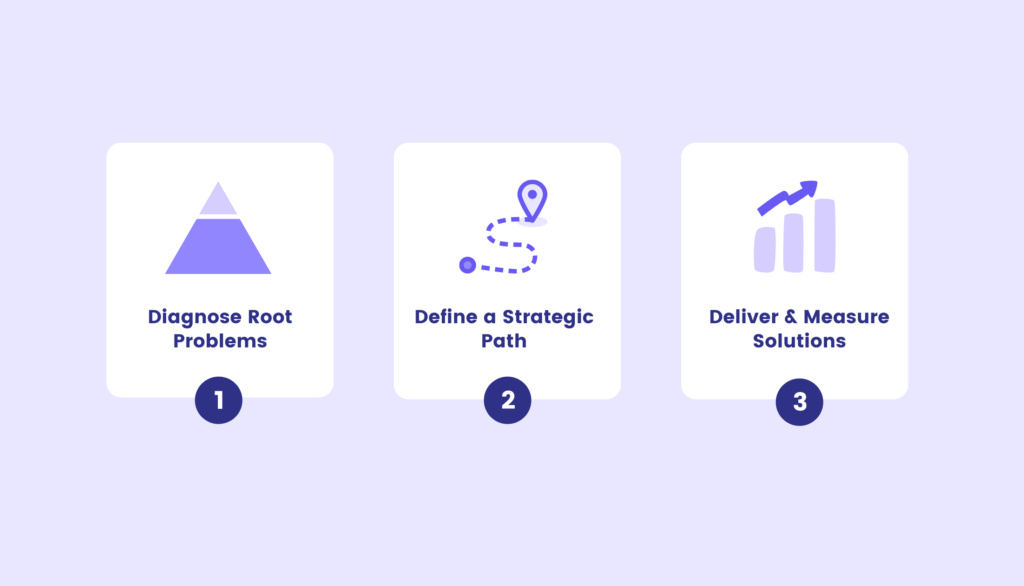Episode 67
The real reason why you don’t get job offers and keep getting overlooked for job opportunities
9 min listen
Episode 2
9 min listen

Listen to the Episode
Episode Summary
Struggling to understand the real reason you keep getting rejected from job opportunities? In this eye-opening episode, we uncover the real reason behind this frustrating cycle and provide practical strategies to overcome it.
Forget endlessly rewriting your resume or portfolio – the key lies in connecting the dots between your work experience and the job you’re applying to. We delve into how to craft a compelling career story that showcases your skills and resonates with recruiters and hiring managers. Discover the importance of going beyond the surface level and sharing the how, why, and what happened in your previous roles.
We debunk the myth of the perfect job application process and encourage you to embrace the messy, imperfect journey. By aligning your examples with the job description, you’ll leave a lasting impression and stand out from the sea of other candidates. Tune in to unleash the potential of your job search and make those offers roll in. Don’t miss this opportunity to transform your approach and take your career to new heights.
Create your dream career, and life
- Book a free Career Strategy Call to learn how we can help you
- Get our free Career Roadmap to help you navigate your career
- Check out Career Strategy Lab, our 3-month career coaching program
Watch
Discussion Questions About The Episode
- How can you identify the underlying symptoms or root causes of why you may not be getting job offers or interviews, rather than simply focusing on revising your resume or portfolio?
- In what ways can you connect the dots and tell the full story of your work and life experience in relation to the job you're applying to? How can this help you stand out among other candidates?
- Reflecting on your past experiences, how can you showcase the process behind your work, including both successes and challenges, in order to provide a more comprehensive understanding of your skills and capabilities?
- How can you effectively incorporate examples of your previous experience into your resume, portfolio, and interview conversations? How does this demonstrate your ability to think beyond just the "what" and showcase the "how" and "why" of your work?
- What steps can you take to thoughtfully review the job descriptions of the roles you're applying to, and identify the specific skills and experiences companies are looking for? How can you align your own experiences and examples with these requirements to position yourself as an exceptional candidate?
Episode Transcript
Sarah Doody [00:00:00]: Why am I applying to jobs and maybe even getting interviews, but not getting job offers? That’s the question we’ll discuss today, and my answer will help you focus your time and energy on what truly makes a difference in your job search. But first, in case you’re new around here, I’m Sarah Doody, founder and CEO of Career Strategy Lab, the career incubator for UX product and tech professionals who are determined to grow their careers in the field of UX and product development. I’m gonna take a bit of a wild guess here that at some point in your career, You didn’t get a job offer or interview. And as a result, you thought to yourself, I guess I need to rewrite my resume for the 5th our 15th time. And even if it wasn’t your resume, maybe you thought that about your portfolio or your LinkedIn profile. So many candidates think the solution to not getting interviews or job offers is to just redo their resume portfolio, etcetera. But here’s the thing. When you do this, The mistake you’re making is that you’re jumping to the solution without understanding the underlying symptom.
Sarah Doody [00:01:22]: So let me give you an example. I’ve had a lot of positive experiences with acupuncture for various aches and pains and injuries, And acupuncture is based on balancing the flow of chi or life force in the body. And one of the interesting things I learned early on is that if I have pain in my ankle, for example, That’s a sign that the chi or energy might be blocked somewhere else far away from my ankle. So oftentimes, the acupuncturist doesn’t put needles in my ankle, but they might put it in different parts of my body, far away from my ankle. So even if I iced and rested and stretched my ankle, it might not get better if the root cause of this symptom is elsewhere, and the same applies to your job search. You can just keep rewriting or redesigning your resume, your portfolio, etcetera, and hope that this version will be the winner. Standing out when you apply and during interviews goes way beyond wordsmithing bullet points and massaging pixels. The problem is not your resume or your portfolio.
Sarah Doody [00:02:44]: The root problem is your inability to connect the dots and tell the full story of your work and life experience and how that relates to the job you’re applying to. This is exactly why your resume and portfolio don’t stand out in the sea of other candidates, and this is also why you don’t stand out in interviews. You may be great at verbally talking in interviews, but if what you’re talking about only scratches the surface, then. You’re gonna sell yourself short. Your resume and your portfolio may look good. They might be beautifully designed and have perfect spelling and grammar. But, again, if the content of your resume and portfolio doesn’t sell your skills and experience, you’re not going to stand out. So how do you overcome this? You have to learn a new way to connect the dots about your experience in a written format, visual format, and audible format as well.
Sarah Doody [00:03:49]: In other words, you have to know the words to write, how to design and lay out your resume and portfolio so those words stand out to busy recruiters and hiring managers. And then, of course, You have to know how to verbally talk about your experience in interviews. And to do that, it’s not as simple as just reading an article or listening to a podcast episode. No amount of rewriting or redesigning can help if your story isn’t solid. It’s kinda like that saying. Right? You can’t put lipstick on a pig. So here’s what you have to do. You have to actually look at your work history and learn the process of developing your career experience story so you can share it and help the right people Understand why you’d be an awesome candidate.
Sarah Doody [00:04:42]: And this is why paying to have your resume written probably isn’t worth it. Because if you can’t connect the dots, how’s the person who you hired to write it Gonna be able to write it effectively. Right? It’s like having a list of ingredients, but no instructions to bake a cake. You can have all the ingredients, but without knowledge of various baking techniques, the order in which to mix the ingredients, the proper temperature or length of time in the oven and even details like what pan to use and placement of the pan in the oven. Good luck baking the perfect cake. What you need to do is, number 1, review the job description for the jobs you’re applying to. Second, you need to identify the skills and experience the companies are looking for. Number 3, You need to thoughtfully consider your previous experience and identify examples of when you use the skills and experience mentioned in the job description.
Sarah Doody [00:05:48]: And then after you’ve done that, You can move to step 4, which is working those examples into your resume, portfolios, and what you say in your interviews. Recruiters and hiring managers don’t just wanna hear about what you did AKA the ingredients. Right? They wanna hear about why you did it, how you did it, and what happened. They want to hear your process, and don’t be afraid if your process had twists and turns and didn’t follow the traditional way that you think something should have been done. Right? I’ve talked to enough recruiters and hiring managers to confidently tell you that they want to hear about when things didn’t go perfectly, right, when things went off course, and what you did to overcome that. I’m gonna say it one more time. The perfect UX process does not exist, and you do not have to strive to represent that if it didn’t actually happen. So this is your permission slip to showcase the messiness and go beyond just the what of your work experience and let people in on the process.
Sarah Doody [00:07:08]: Okay. So to recap, you need to stop focusing on rewriting and redesigning your resume, portfolio, etcetera. You need to spend some time connecting the dots between examples of what you’ve done and what’s in the job description for the roles you’re applying to. Go beyond the what by showing and telling people about the how, the why, and the what happened in the examples you’re giving from your previous jobs. Okay. That’s it for today. I am Sarah Doody, founder and CEO of Career Strategy Lab, and this has been a breakdown of some really actionable things you can do if you’re applying to jobs and not getting interviews or job offers. Now if this content has been helpful, please consider leaving us a review, clicking a like button or sending this along to someone that you think could find it valuable.
Sarah Doody [00:08:07]: And you’re always welcome to learn more about Career Strategy Lab. Just visit careerstrategylab.com or if you want to learn about the job search I have a ton of content out there. So check out my YouTube page at Sarah Doody, or you can grab quick nuggets of wisdom over on my Twitter at at Sarah Doody, Instagram. I’m SarahDoodyux, and you can find me on LinkedIn. I hope this is helpful. Have a great rest of your day, and I’ll talk to you soon.
